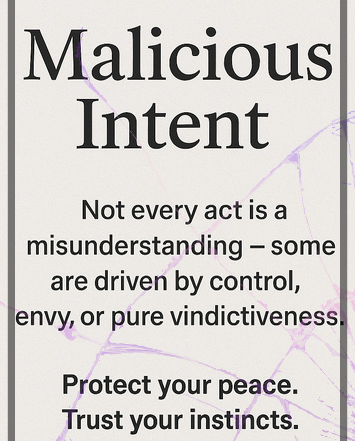We must say it plainly: Oppressive systems are designed to flatten, generalize, and erase. They pretend to be “fair” by treating everyone the same—bu
 We must say it plainly: Oppressive systems are designed to flatten, generalize, and erase.
We must say it plainly: Oppressive systems are designed to flatten, generalize, and erase.
They pretend to be “fair” by treating everyone the same—but they know full well that we are not treated the same. When people talk about justice for all, too often it’s really justice for the few—while everyone else is expected to shrink, assimilate, and disappear into a one-size-fits-all category.
But our stories are not one-size-fits-all.
Our wounds are not one-size-fits-all.
Our healing cannot be, either.
⚠️ Here’s what erasure looks like:
Saying “people of color” and ignoring that Black girls are suspended, arrested, and assaulted at much higher rates.
Saying “women” but designing programs that don’t include disabled women, immigrant women, Indigenous women, or WOMEN.
Saying “victims” but never naming the Black and Brown Survivors who were dismissed, disbelieved, or punished for fighting back.
Erasure isn’t just about being left out. It’s about being misunderstood on purpose.
💡 Specificity isn’t divisive—it’s necessary for justice.
To be specific is to be clear. To name our stories, our cultures, our needs, our truths—this is how we stop history from repeating itself in silence.
We are not asking to be exceptional.
We are asking to be accurately seen.
🕯️ So we keep naming:
Not just “abuse,” but coercive control.
Not just “victims,” but Black, poor, disabled, undocumented, rural, or chronically ill Survivors.
Not just “oppression,” but the deliberate strategy of making us feel too complicated to care about.
Because the moment we become specific, we become undeniable.
Written with deep reverence for the specificity of your story.
—WeSurviveAbuse.com
Upon Reflection:
Who benefits when categories are too broad to reveal real harm?
When have I seen “neutral” language used to hide or soften the truth?
Whose pain or story have I overlooked because it felt “too specific”?
Have I ever been told my truth was “too much” to name out loud? By whom? Why?
What systems in my life reward generalization—and what might change if we demanded clarity?
Where in my advocacy or work do I need to get more specific to truly honor people’s experiences?